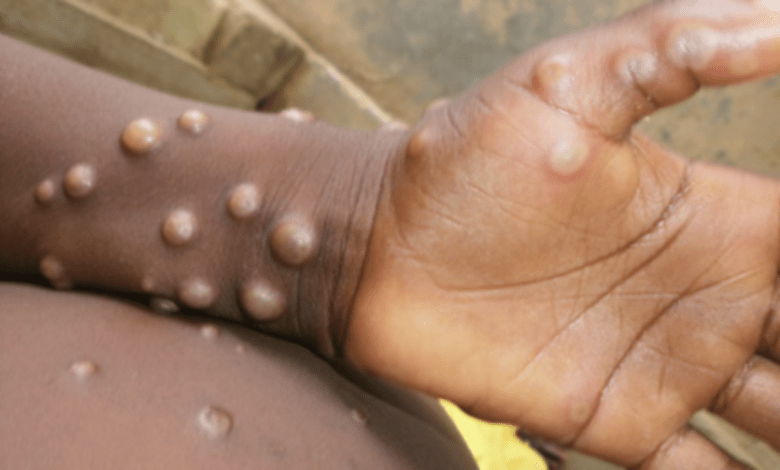
The Lagos State government has activated an emergency operation on mpox, even though there are currently no active cases in the region.
Akin Abayomi, the Lagos commissioner for health, announced this on Tuesday following a key stakeholder engagement where infectious disease experts discussed strategies for preventing and managing mpox in Africa and globally.
The commissioner stated that Lagos State had enhanced its surveillance and emergency preparedness to counter the threat posed by the aggressive strain of mpox clade 1b, which is currently causing an unprecedented surge of cases in the Democratic Republic of Congo and across Africa.
He said the state is also set to embark on a statewide public health awareness campaign to educate the public on disease, risks, and how to curtail transmission.
“Why we are worried is that there is a potential that this virus can be imported into Lagos because there are multiple airline routes and shipping routes that could bring passengers or goods that are contaminated with this clade that is of concern to us in Nigeria,” Abayomi said.
“The WHO has declared this outbreak in the Democratic Republic a public health emergency of security and international concern. What that means is that it requires a global response and that if care is not taken, this pathogen could adversely affect the well-being and economic activity of multiple countries. As we have done with Ebola, COVID-19, Cholera, and Lassa Fever, we come together to find out how we can protect Lagos from a potential threat of an imported infection from neighboring countries. So, to be clear, we do not have any active mpox cases in Lagos at this point.”
According to the Nigeria Centre for Disease Control, Lagos state has reported only one confirmed case of mpox out of 99 suspected cases since the beginning of 2024.
The commissioner further stated that Governor Babajide Sanwo-Olu is concerned about the potential for rapid spread of any contagious disease imported into Lagos due to the state’s dense population.
Mpox, formerly known as monkeypox virus originated in animals and spread to humans through contact with wildlife. The virus has mutated and can now spread from person to person.
Clade 1b, the new, more aggressive strain, spreads primarily through sexual contact, and has a potentially higher fatality rate, especially in Central Africa.
The commissioner assured that a team of experts from Lagos, Nigeria, and internationally has been assembled to address the situation with support from various organisations.





